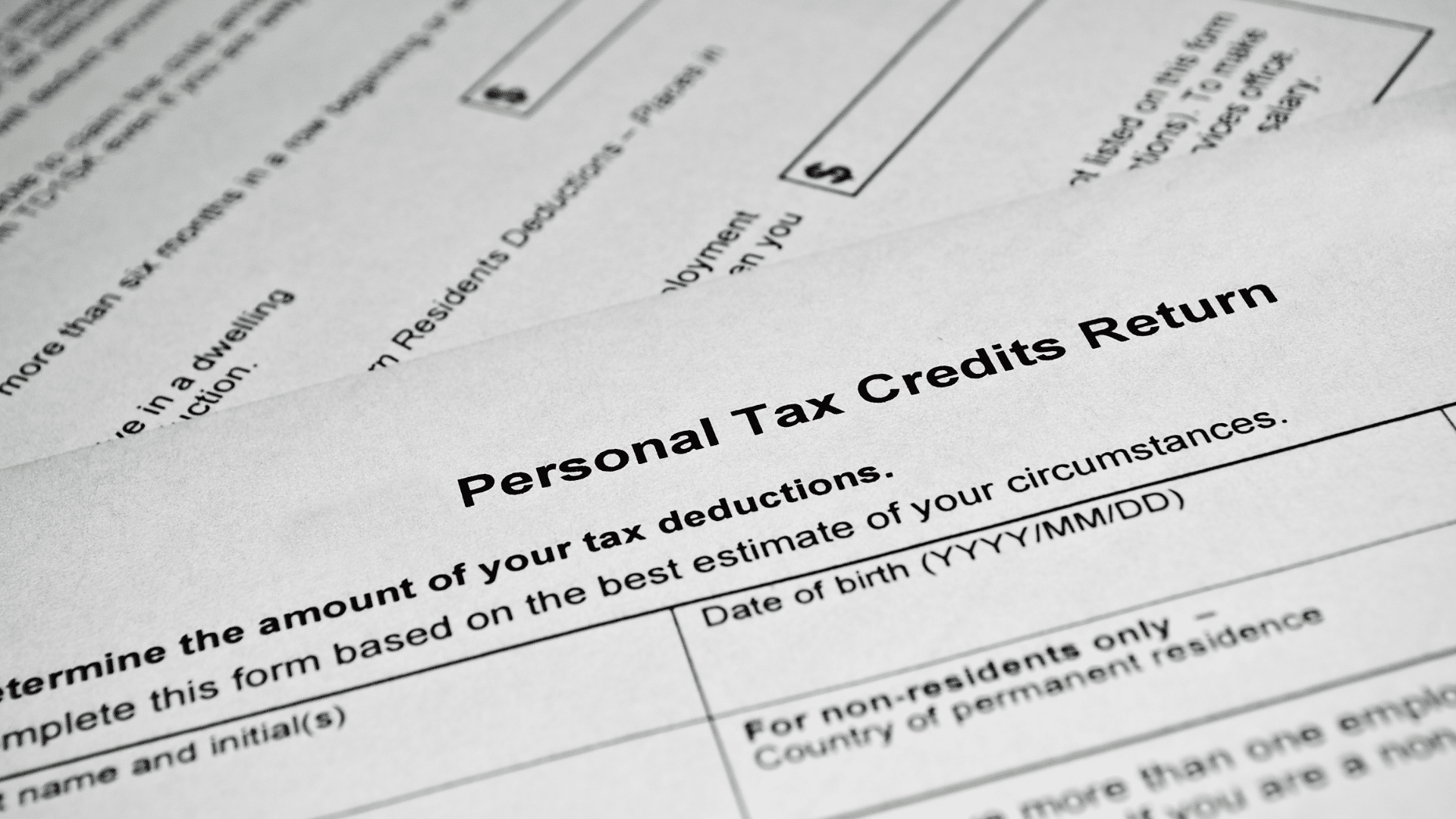It’s tax season. If you are a freelancer or a small business owner, you must file taxes. As long as you earn money by raising invoices and not through salary slips, you are legally required to file your taxes. Otherwise, you will face a penalty of up to 10% on the undisclosed income. Luckily, the Canada Revenue Agency (CRA) offers many tax deductions and tax credits that can help you reduce your tax liability.
Small Business Tax Deductions Vs. Tax Credits
The first step is to add up all your income and deduct all eligible business expenses when you do your taxes. This will reduce your taxable income and your tax liability. Tax deductions are different for different people.
A freelancer can deduct business expenses like utility bills, professional fees to accountants and lawyers, and vehicle and home expenses to the proportion used for business. For small business owners that have incorporated their business, the CRA offers a special deduction on income from Canadian operations. The Small Business Deduction reduces corporate tax from 9% to 28% on the first $500,000 of business income in a tax year.
Once you arrive at your taxable income after all deductions, you can benefit from various tax credits the CRA offers. Tax credits directly reduce the tax amount by the dollar value of the tax credit. So, for example, if your tax bill is $10,000 and your tax credit is $2,000, your total tax bill comes to $8,000.
Tax Credits Small Business Owners Should Look For in 2021
The CRA offers investment tax credits to encourage small businesses to invest in their business. But they are only available to companies that are incorporated. There are three types of credits:
- Scientific research and experimental development investment tax credit
- Apprenticeship job creation tax credit
- Investment tax credit for property
Business investments made today bear fruits in the long term. Hence, the CRA allows you to carry forward these three tax credits for up to 20 years or carry back the credit by up to three years. You can save up these tax credits for years of high gains.
Let’s understand this with an example. Joey invested $15,000 in a piece of machinery in 2015. The business was slow, and the tax bill was not significant. So, he preserved the tax credit on the machinery purchase. In 2021, his company gathered pace, and Joey earned a considerable profit. He decided to use his investment tax credit from machinery to reduce his 2021 tax bill.
Scientific Research and Experimental Development Investment Tax Credit
There is a separate investment credit for investment in research and development. There is a special mention of scientific research here. Money spent on market research, sales promotion, exploring or producing or drilling natural gas, petroleum, and minerals does not qualify for this credit. However, you can claim between 15% and 35% tax credit on qualified research and development expenses.
Apprenticeship Job Creation Tax Credit
The Apprenticeship Job Creation Tax Credit is available to businesses that hire eligible apprentices from a prescribed trade—like carpenter, cook, hairstylist, or broker. The CRA considers this a business investment and gives a tax credit of 10% on the apprentice’s salary up to $2,000. However, this credit only applies to employee salaries in the first two years of their apprenticeship program.
Investment Tax Credit
As the name states, these credits are for property, machinery, equipment, or software investments. There is also a tax credit for investing in new childcare space. The credit covers the cost of buying and setting up the equipment, building, or childcare facility and excludes costs of operating and maintaining the asset.
Other Tax Credits for Individuals
While the investment tax credits are for companies, here are two more individual tax credits freelancers can avail of:
- Digital news subscription expenses
- Canada training credit
The CRA allows you to claim a 15% federal tax credit on up to $500 spent on qualified digital news subscriptions. This credit is available till 2025, and any Canadian who buys these subscriptions can claim it. So if you did not subscribe to digital news last year, you can subscribe now and save $75 (15% of $500) in taxes.
The CRA created a Canada training credit in 2019, wherein it accumulates $250 every year for up-skilling costs. You can claim this credit on the tuition fees paid on any course from an eligible university. In addition, you can claim the tax credit on 50% of the tuition fees or an accumulated training credit, whichever is lower.
You can use the above tax credits and many other provincial tax credits specific to your business and save on tax bills. However, the above tax credits are not as simple as they look. There are specific eligibility requirements. Don’t miss out on any tax deductions and tax credits offered by the CRA. Take the help of a tax professional who is well versed with these tax benefits and can make your business tax efficient.
Contact McCay Duff LLP in Ottawa for Efficient Tax Solutions
At McCay Duff LLP, our team of trusted tax experts can help you determine which deductions and tax credits are available to you and your business. In addition, our experienced accountants provide comprehensive tax planning and preparation solutions to help our clients in Ottawa and across Ontario. To learn more about how we can help you and your business, contact us online or by telephone at 613-236-2367





